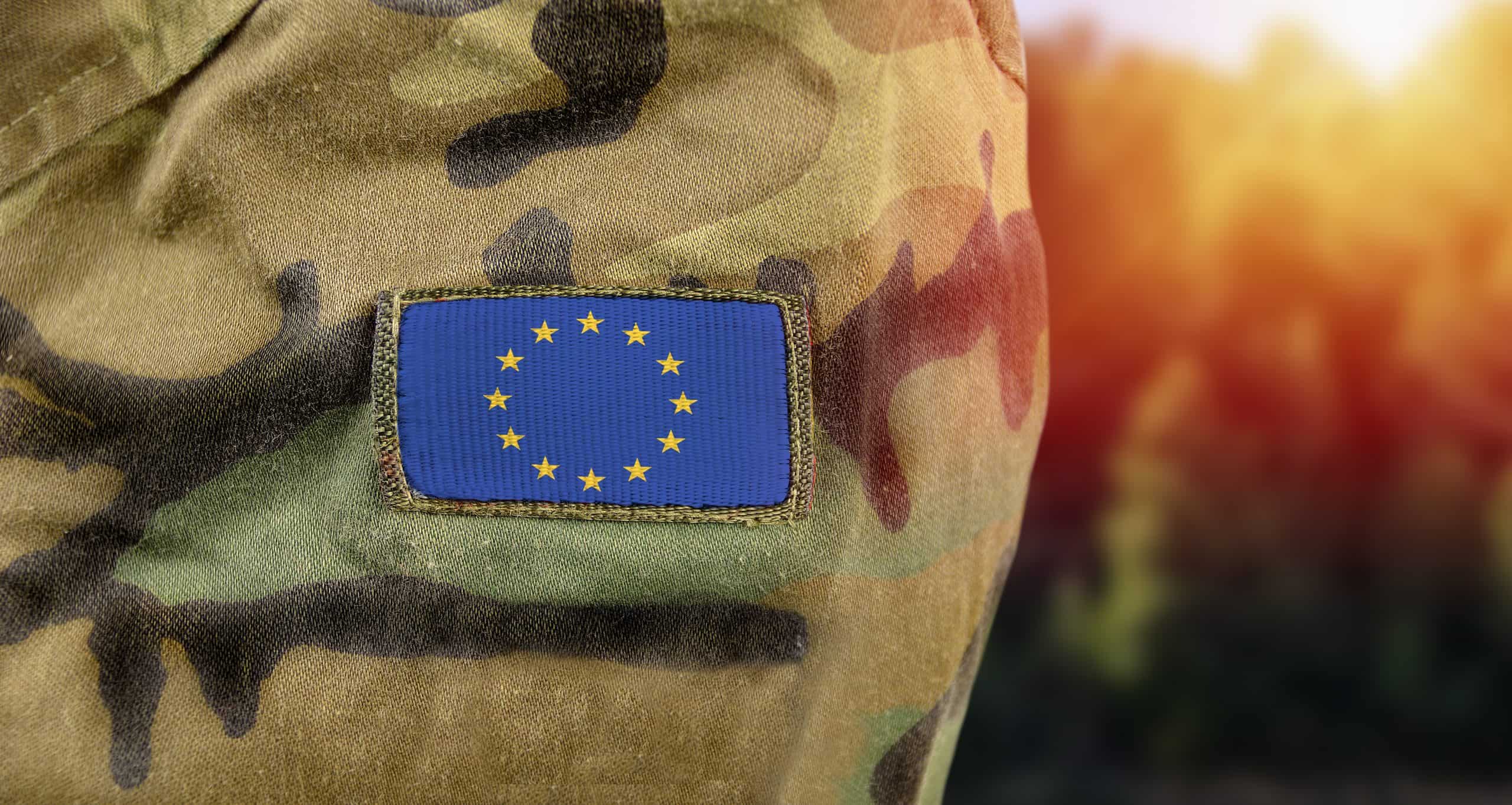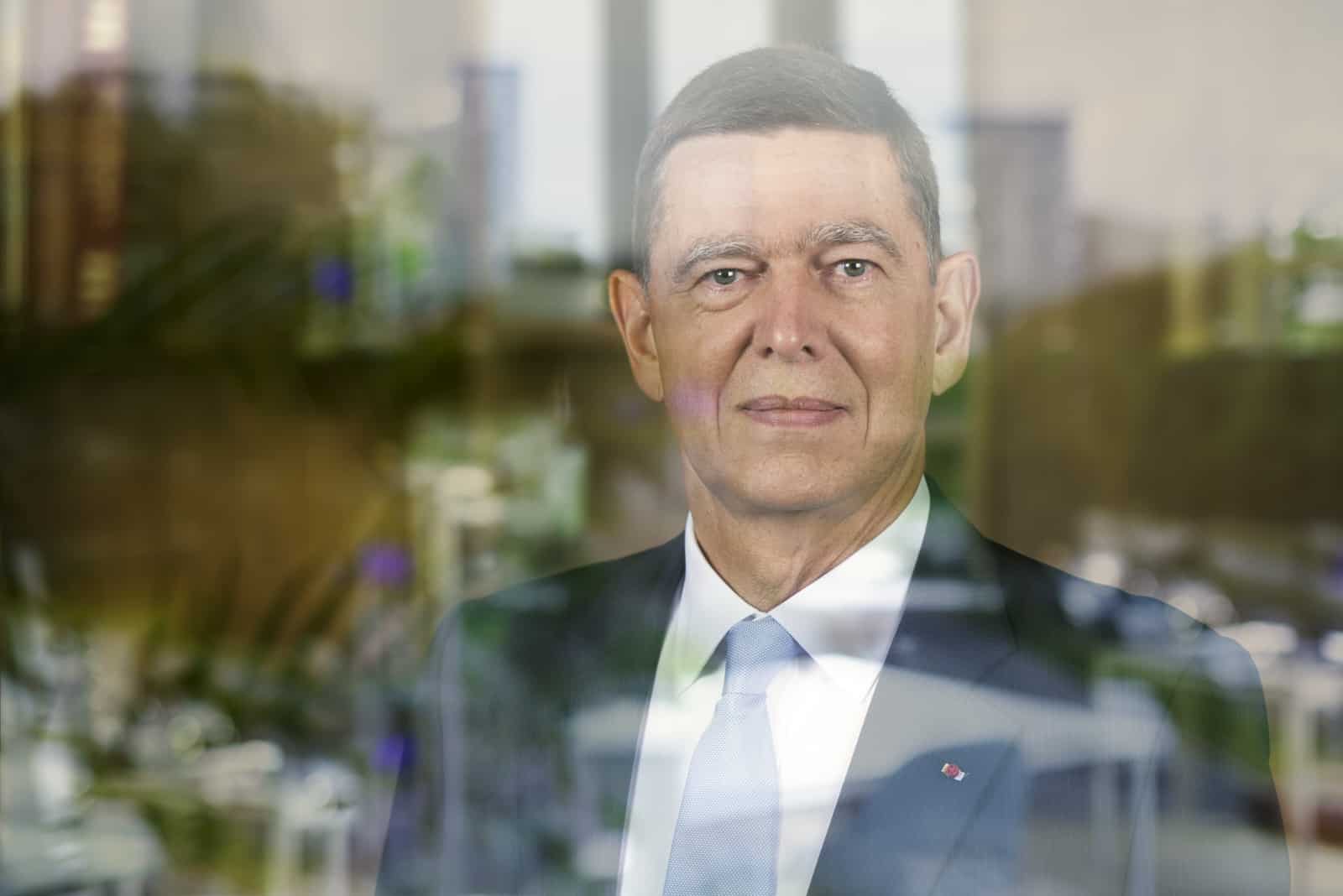
A new defence strategy for the European Union
A new defence strategy for the European Union A common answer to
Climate change is one of the most pressing challenges of our times. The issue goes beyond environmental concerns, and has far-reaching effects on livelihoods, health, geopolitical stability and migration. This has prone major nations to fast-track on the search for clean energy and critical raw materials as they compete ever more for technology leadership.
Climate change increasingly creeps in global politics. Addressing these pressing issues requires adapting to more demanding environments, reducing dependence on fossil fuels, and ensuring the resilience of critical defence infrastructure. What is the EU doing to address these challenges? And how does climate change impact and redefine defence and security?
In this interview, our Associate Partner Gen. (ret) Stéphane Abrial answers our questions to clarify the role of the defence sector in climate change and vice versa.
Throughout history, climate change has had a significant role in shaping conflicts and determining security situations. For example, scientists found that severe droughts contributed to the collapse of the Maya civilization, triggering serious conflicts among city-kingdoms.
Nowadays, climate change affects agriculture, increasing tensions over food security and leading to mass migration. As certain countries build dams on rivers to secure their access to water, that deepens tensions between nations. We thus need to re-evaluate the geopolitical landscape and assess the risks that climate change causes and how those risks impact – or will impact – the relations between different nations.
Looking at the world map, it becomes clear that certain regions, including Mexico, Mediterranean Europe, North Africa, the Middle East, India, and South-East Asia, are particularly vulnerable to the security implications of climate change. The biggest issues in those areas are water scarcity and rising temperatures, which potentially lead to increased risks and tensions over critical resources.
In my field of expertise, military aviation, we are witnessing a paradigm shift towards sustainable practices. Intensive research and development resources are channelled into biofuels, cleaner engines and eco-friendly maintenance practices. We must acknowledge that military effectiveness should never be compromised by new clean technologies during combat. Nonetheless, the defence sector cannot overlook climate change. For instance, we should optimise military training and reduce their environmental impacts, without undermining their core objectives.
In my opinion, climate change has a huge impact on how we spend defence budgets. Governments are prioritising climate change mitigation efforts – as they should – but the huge costs involved may lead to budget cuts in other sectors, including defence and security. On the other hand, climate change itself could increase tensions, which will force increases in defence spending later on. To avoid repeating historical mistakes, it is crucial to strike a balance between addressing climate change and maintaining robust defence capabilities.
The European Commission together with the High Representative for Foreign Affairs and Security has recently released a Joint Communication, outlining a comprehensive policy framework with concrete measures to enhance climate-informed planning, boost climate-resilient defence capabilities, and reinforce international partnerships.
In that context, the EU will:
The goal is to better integrate the climate, peace and security nexus in the EU’s external policies. In the coming months, the EU will take concrete actions to become more resilient and secure as the climate crisis intensifies.
Want to know more about how the EU is addressing climate change and how that affects your business? Contact us or subscribe to the newsletter and receive quarterly blogs in your inbox.


A new defence strategy for the European Union A common answer to

Who is Stéphane Abrial? Defence has been the red thread of my

Former Chief of the French Air Force, General (ret.) Stéphane Abrial, joins